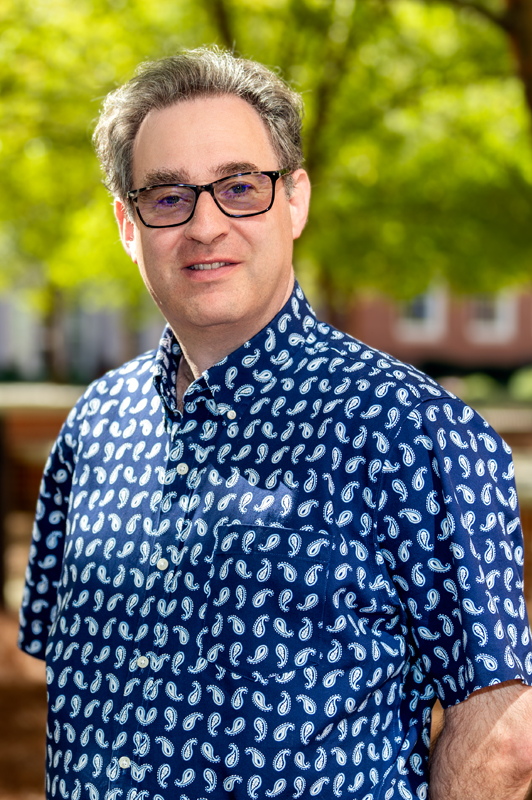Cyber Fire Challenge provides real-world, code-cracking experience
Published: Sep 2, 2021 12:50 PM
By Joe McAdory
Thirty-five Samuel Ginn College of Engineering students and two Alabama National Guard members signed up to crack cryptic codes, discovered cyber anomalies, and investigate for potential malware August 21-22 during the third annual Cyber Fire Puzzles Cyber Security Challenge at Auburn University.
The 48-hour event, run by Los Alamos National Laboratory (LANL) and funded by the Department of Energy’s Chief Information Officer, was hosted by the AU/LANL Cyber Security Sciences Institute (CSSI), Auburn Cyber Research Center (ACRC), and the Auburn University Ethical Hacking Club (AUEHC).
It offered students an in-person and online opportunity to work through puzzles developed by cyber security professionals and incident response experts that resemble advanced persistent cyber threats.
“Cyber security is a very challenging job and it’s in high demand,” said Charlie Harper, a graduate student in computer science and software engineering (CSSE), who serves as president of the Auburn University Ethical Hacking Club. “Events like this help train individuals who are trying to get into cybersecurity and provide them with opportunities to learn the skills necessary to prepare for that job.”
For two days, students deliberated as teams, scattered laptops across desks, discussed calculations, and worked to resolve puzzles, one-by-one. Students were taken on journeys through binaries, malicious programs, reconstructing hierarchical file structure of hard drives and passwords to uncover.
“I’ve been resolving puzzles about network architecture,” Vicki McLendon, a senior in CSSE from Huntsville explained. “We will definitely be able to apply what we’re learning right now in the future and make us more marketable as we progress into the job market.”
Why cyber security?
“I got into the field because my dad was a programmer,” McLendon, public relations director for the Auburn Ethical Hackers Club, said. “It came natural to me. I want to pursue this because I enjoy it, and I want to be able to help keep people’s private information safe.”
Daniel Tauritz, associate professor in AU’s Department of Computer Science and Software Engineering, Interim Director and Chief Cyber AI Strategist for the Auburn Cyber Research Center, believes classroom work provides computer science and software students with a strong foundation. However, he considers events such as these “invaluable, hands-on experiential learning.”
“It’s very important that students utilize extra-curricular experiences such as this in order to see something closer to the real world,” he said. “It’s operational application of the knowledge they’ve gained in the classroom. This is a bridge between what we do in the classroom and what they’re going to have to do in their careers.”
Not only that, cyber security professionals are in high demand.
According to the U.S. Bureau of Labor Statistics, the industry is expected to grow by 31 percent through 2029. Through 2020, the typical entry-level education for new hires was a four-year bachelor’s degree with median pay of $103,590 annually.
“These competitions prepare students for industry because what they see here isn’t what they typically see in academic settings,” said Chris Rawlings, R&D scientist at the Los Alamos National Laboratory. “When you’ve got someone designing these puzzles whose reversed-engineered a custom command and control protocol for malware, then translated that into individual puzzles stepping through the 15, 20, or 25 steps it took to turn random looking data into intelligible data, these are a unique combination of fundamental skills you won’t find anywhere else.”
Media Contact: , jem0040@auburn.edu, 334.844.3447
Vicki McLendon, a senior in CSSE, said events such as Cyber Fire help make students more marketable as they progress into the job market.


